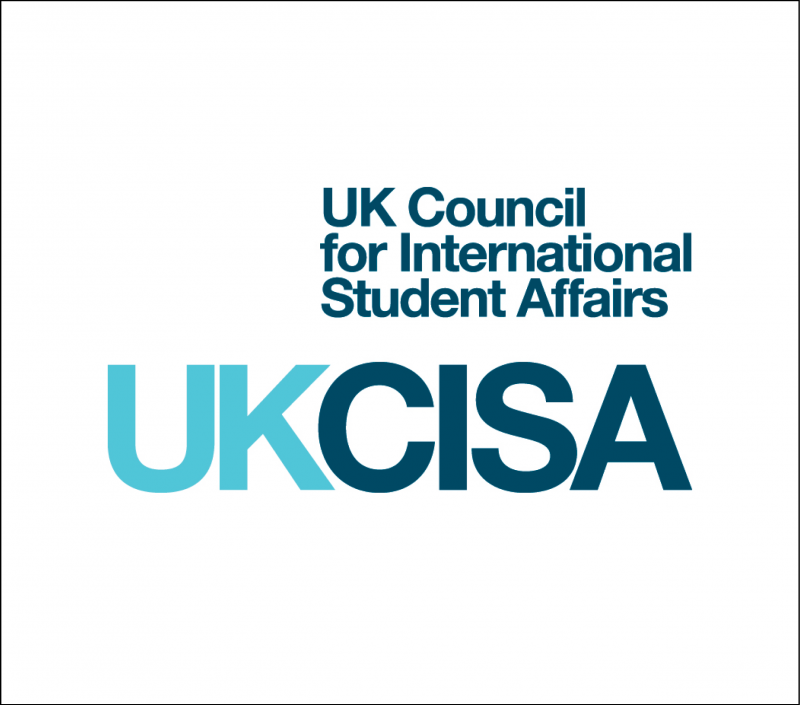Study Abroad embraced by EU students to flee recession test
Students from Europe’s crisis countries are in large numbers looking to study in the more stable EU states. The growth is most dramatic for Italy, Spain, Portugal and Greece with more than 150% growth in interest compared to 2011. The study abroad interest is monitored by StudyPortals – the EU-funded internet platform where students can find and compare all their study options across Europe. Universities in the more stable Northern and Western European countries are confirming the trend: applications from these countries have grown with 33% up to 100% in just one year.
These figures indicate a relation between students’ economic perspectives at home and their intent(ambition) to study – and ultimately work – in better performing economies. The correlation can be observed almost perfectly when comparing the latest youth unemployment rate with the number of students looking for an international study.

Furthermore, there is a high overall growth of interest from Europeans to study abroad, propelled by the rapid growth of international study opportunities. The number of English-taught Master’s programmes offered in continental Europe for instance, has grown from around 560 in 2002 to over 5,500 in 2012.
The North-Western countries lead the way and large differences can be observed: the Netherlands are offering 1,104 English taught Bachelors and Masters, followed by Germany with 890 and Sweden with 745. Whereas Italy (327), Portugal (111) and Greece (126) are clearly behind. With 476 programmes, Spain is the only Southern country that seems to be internationalising on a larger scale.
Future will tell if developments in education are good for the crisis countries: they seem to be on the losing end of the international competition for the best students. However if this results in their youth being more internationally skilled and connected, and if a majority of them would at some point return to their fatherland, this might be beneficial for the crisis countries after all.
Diana Rabulea, International Marketing and Recruitment officer at Vrije Universiteit Brussel (VUB) says: “At the VUB, since 2010 we have seen a clear increase in students coming from Greece, Italy, and Spain. Compared to 2011, we received twice more applications from Greece, now accounting for almost 3% of all incoming applications.
Similar trends are noticed in The Netherlands and Germany:
Tina Kock, Team Leader Marketing at Utrecht University, mentions: “Our applications from Greece, Spain and Italy have almost tripled in the last 5 years. In 2011 only, we see an increase of more than 50% for Greece, from Spain 33%”. So does Matthias Kuder of the Center for International Cooperation at Freie Universität Berlin, one of Germany’s elite institutions: “In general, interest in our study programs has risen considerably in the past years. The numbers are particularly striking for students from Italy, Spain, Greece and Portugal, where we observe an enrolment hike of roughly 30% since 2010.”
Data sources
- Youth unemployment statistics: Eurostat, May 2012: eep.eurostat.ec.europa.eu/statistics
- Study abroad interest: StudyPortals visitor statistics, www.studyportals.com
- English Taught Master’s statistics: Institute of International Education, “English-Taught Master’s Programs in Europe”, March 2012
For more updates, follow us!





